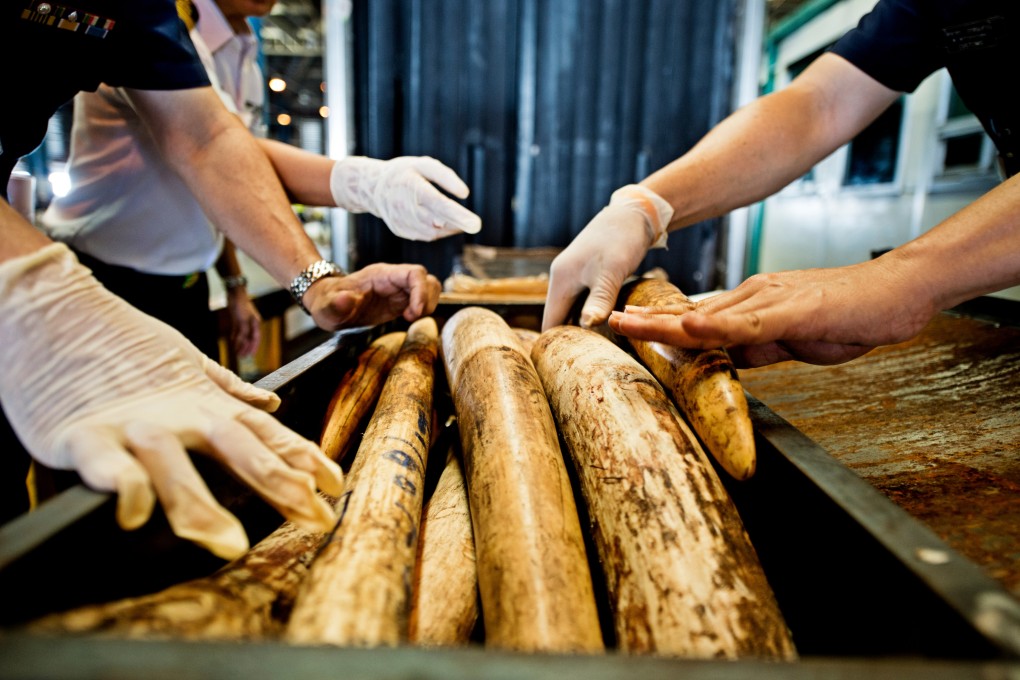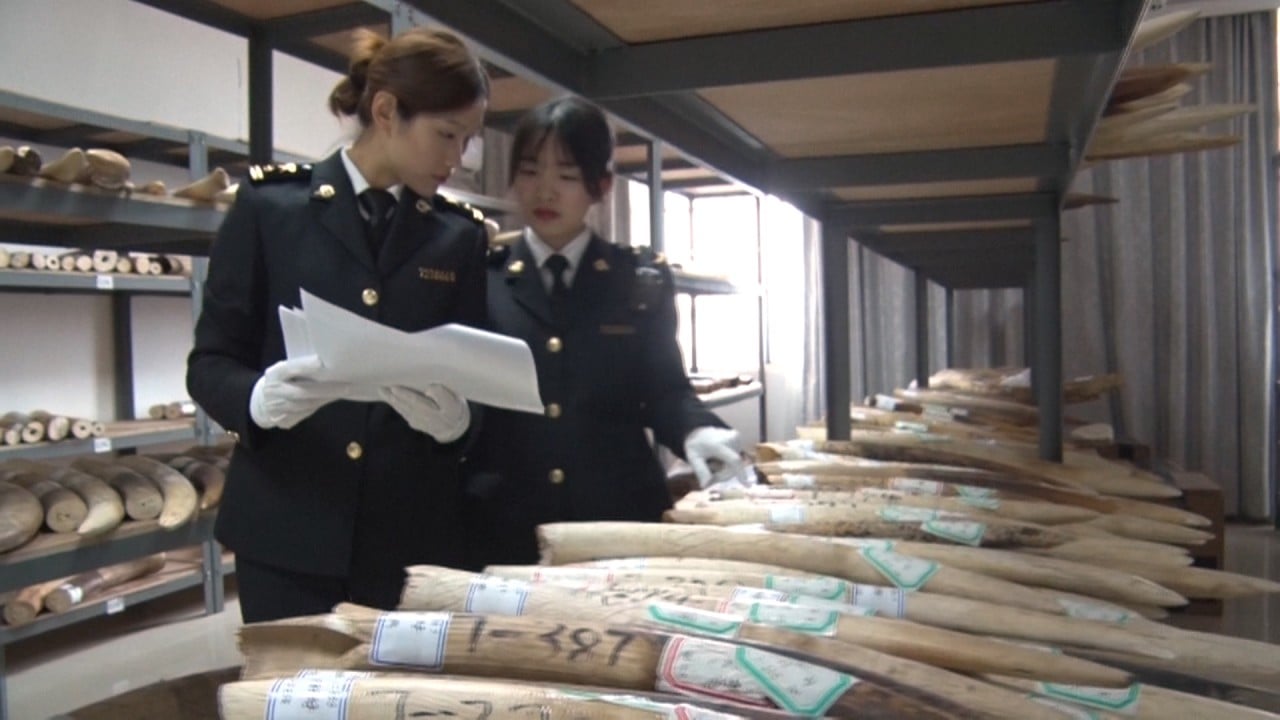Advertisement
Despite crackdown, ‘demand keeps China’ on wildlife smuggling map
- Wildlife Justice Commission says South Korea-China shipping route should be flagged as ‘high risk’ for trafficking
- WJC says case involving Chinese family shows criminals are resourceful and can adapt if demand for ivory persists
Reading Time:4 minutes
Why you can trust SCMP
6

China will continue to be a major destination for the global illegal wildlife trade because of its demand for wildlife products, particularly for traditional Chinese medicine, according to The Hague-based Wildlife Justice Commission (WJC).
“Whilst continued pressure on the trafficking networks is essential, demand reduction and education are also very important,” a spokeswoman for the non-profit foundation said.
The WJC said demand persisted in China despite a crackdown on the trade, including introducing a total ban on elephant ivory sales in late 2017.
The commission also said the South Korea-China shipping route should be flagged as “high risk” for wildlife trafficking.
It found that South Korea “appears to be increasingly popular among wildlife smuggling networks as a transit location”, where 26 seizures of shipments destined for China have been recorded since 2013, involving more than 23 tonnes of ivory and 10 tonnes of pangolin scales.
Pangolin scales have been used in Chinese medicine for centuries but their efficacy has never been scientifically proven. In 2020, references to pangolins and their body parts were removed from an official Chinese compendium of drugs.
Advertisement
